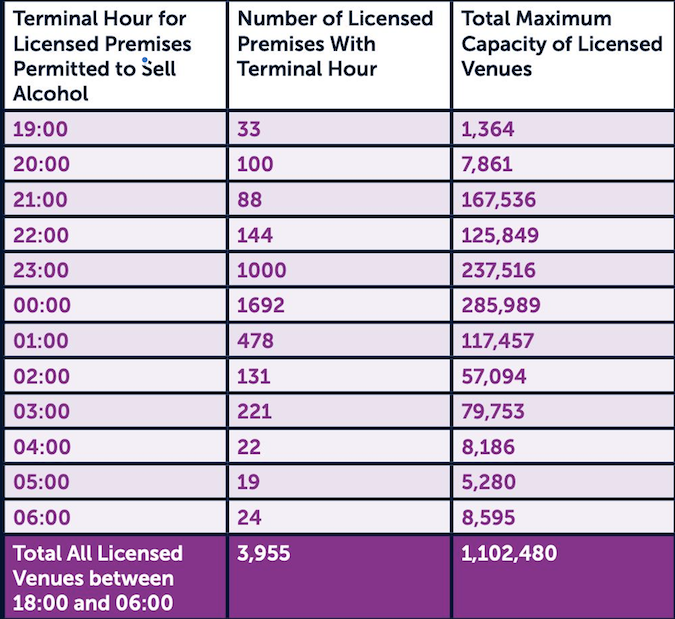Something unusual happened the other day – a media story about the Metropolitan Police that everyone stood up to applaud. If you haven’t seen it already, it involved two officers from Lambeth dressed up as Batman and Robin apprehending a pair of fleecers operating the old “three cup” racket on Westminster Bridge. The Met has made the most of its pictures of the arrest and favourable coverage has been widespread.
This entertaining tale of ingenious police work has been pleasing, not least because the brazenness with which scammers have been breaking the law just a stone’s throw from Parliament, where laws are made, has long been maddening and depressing. But the unanimous agreement that Old Bill’s caped crusaders did a heroic job was also sobering for being so rare. It is very far from new for the Met to be the object of disagreement and concern. But has that ever been truer than in recent times?
The striking difference from before is that the Met has been under pressure from just about every political direction. Conventionally, criticism of London’s police has come from the Left, civil libertarians and minority groups often quite rightly enraged by individual examples of extreme misconduct, gross incompetence and unacceptable attitudes. The cases of Stephen Lawrence and Daniel Morgan are among those that come swiftly and chillingly to mind.
But the rise of the populist Right in Britain has seen the Met subjected to a rival castigating narrative, one that has been deployed in the past few years by everyone from the most senior Conservative government ministers to the lowest social media bottom-feeders. In the past, the view from that part of the opinion spectrum was, by and large, to always insist that “our policemen are marvellous”. Today, though, that default defence is often over-run by howling protestations that the upholding of law and order is being undermined by “woke”.
According to this version of reality, a Met that employed the man who, in March 2021, kidnapped, raped and murdered Sarah Everard and that two years later was taken comprehensively to task by Dame Louise Casey in her review of Met culture and behaviour did not need to get acquainted with basic standards of probity and public service so that it did a better job, but instead should be made a target of a Brexit mindset culture war, subjected to accusations of institutional contamination by a “liberal elite” outlook.
Attacking the Met’s control of street protests has been central to these hostilities. The last days in power of Rishi Sunak and, in particular, Suella Braverman, saw them lean on Met Commissioner Sir Mark Rowley to ask for marches in response to the war in the Middle East to be banned, an approach he judged legally flawed and likely to lead to more trouble than it would prevent. His Tory assailants’ view seemed to be that such things were unimportant if there were electoral points to be scored.
More recently, the same chorus has proclaimed that the (mostly non-violent) Black Lives Matter protests of 2020, many of which took place in London, were handled less forcefully than the (mostly violent) protests around the country, including in Whitehall, in the wake of the Southport child murder horror, supposedly revealing a discriminatory “two-tier” approach.
This line of argument, pursued by the now wildly extreme Telegraph and the Spectator as well as by the familiar far-Right broadcaster and social media agitator herd, has been condemned as “disgraceful” in a new report by the cross-party, Conservative-chaired Commons home affairs select committee about police responses to last summer’s disorder. It is, though, unlikely to go away while the usual suspects believe maintaining it suits their purposes.
Such is the climate in which Rowley, backed by Sir Sadiq Khan, has been striving to implement the Met’s “turnaround” plan and pursue its mutually-reinforcing goals of increasing trust in the service, reducing crime and raising standards.
He has secured successes, rooting out many who are unfit to wear the uniform and lifting the Met out of the police inspectorate’s “enhanced monitoring” programme at the start of this year. But he has had setbacks too, including budget strains the Met says mean that 1,700 warranted and support officer and staff jobs will have to be axed from the current total of 46,000 during the next financial year, despite increases in funding support from both the government and the Mayor.
That is not good news at a time when London’s population and demands on the Met keep on growing. Even so, progress is being made in the right direction. The low drumbeat of goads, grievances and insinuations from those who resent it must not be allowed to impede it.
OnLondon.co.uk provides unique, no-advertising and no-paywall coverage of the capital’s politics, development and culture. Support the website and its writers for just £5 a month or £50 a year and get things that other people won’t. Details HERE. Follow Dave Hill on Bluesky. Image from Met Police YouTube.












